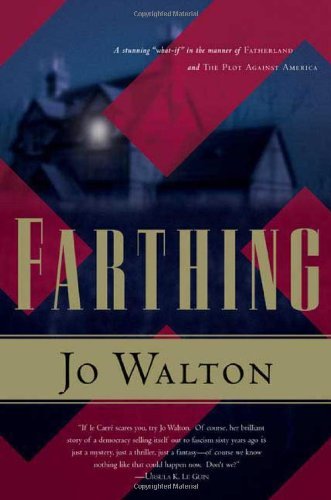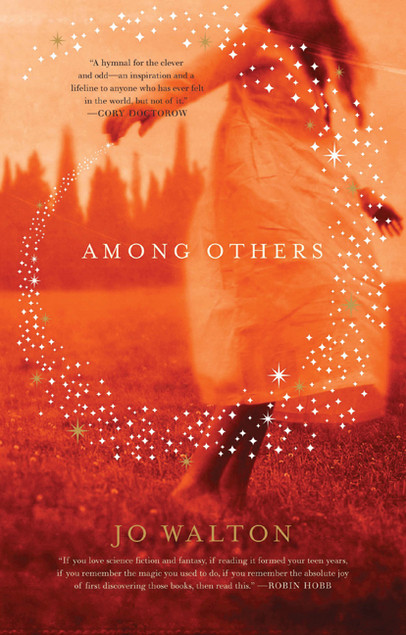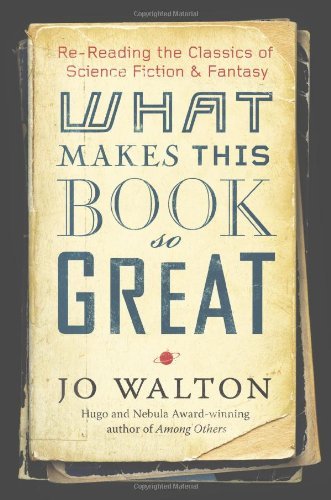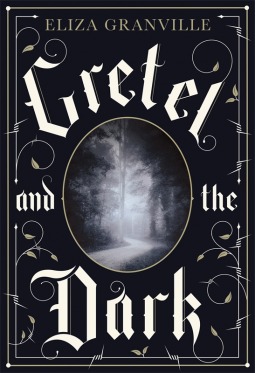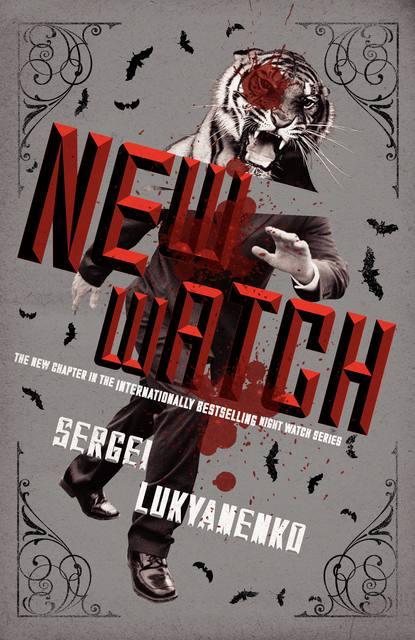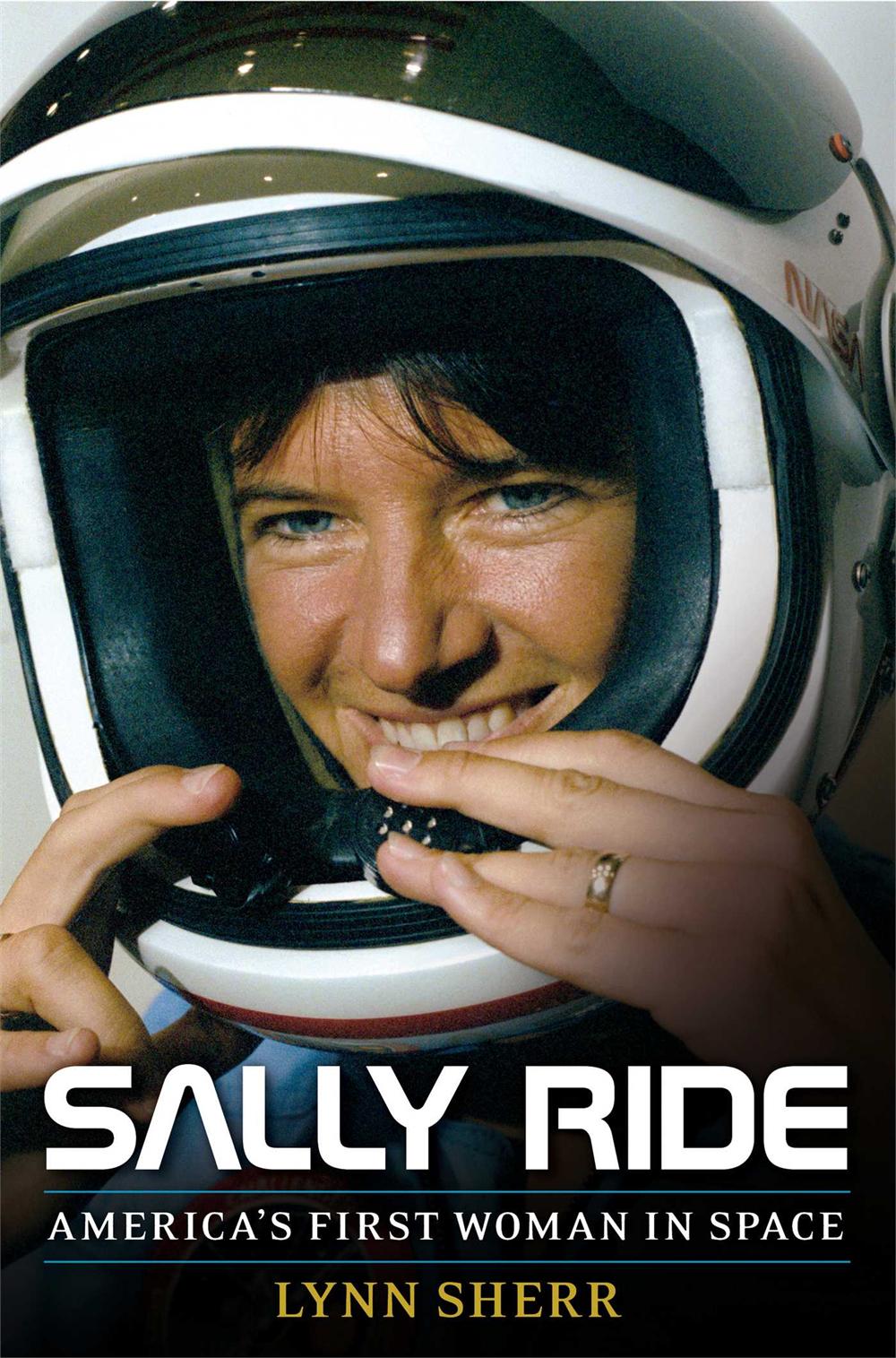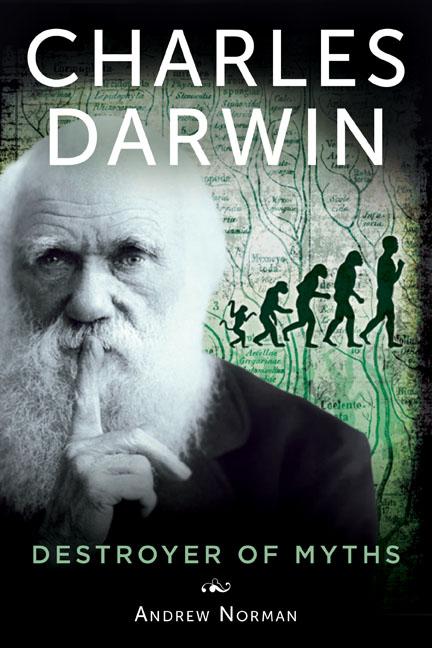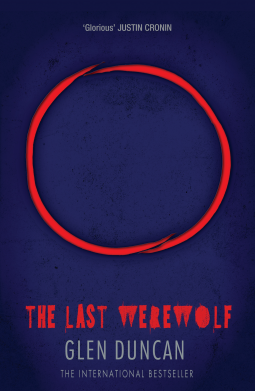Halfway through rereading this, I stalled for a moment, thinking about the ending. See, the book starts out seeming pretty fun, despite the dark threats in the background: there’s plainly loving pastiche of Dorothy L. Sayers going on, and Lucy Kahn’s narration is lively and silly. All of that disguises, for a while, how serious the themes turn — and when they do, when the bottom of Carmichael’s life drops out, you’ll feel it too. I quoted Dar Williams’ song Buzzer when I first reviewed this, and it still applies: I get it now/I’m the face, I’m the cause of war/We don’t have to blame white-coated men anymore (it’s an amazing song, about Stanley Milgram’s obedience to authority experiments).
All in all, it’s just so well done. The pastiche works, and so does every aspect of the alternate history. The details are tweaked, and it all feels so plausible. I love the image of Churchill’s defiance of the events that create the background of and overshadow this book. For something that seems light at times, a pastiche, it turns out to be so horrifying — and not in the sense of gore and monsters, in the sense of how people can be so completely plausibly awful.
Personally, I love how Walton handles the minorities here, too: their individual voices, their differing hopes and fears, their differing ways of living in a world that’s trying to push them and their kind out. I mean, it’s obvious I’m already a fan, here, but I just think she gets so much right.
